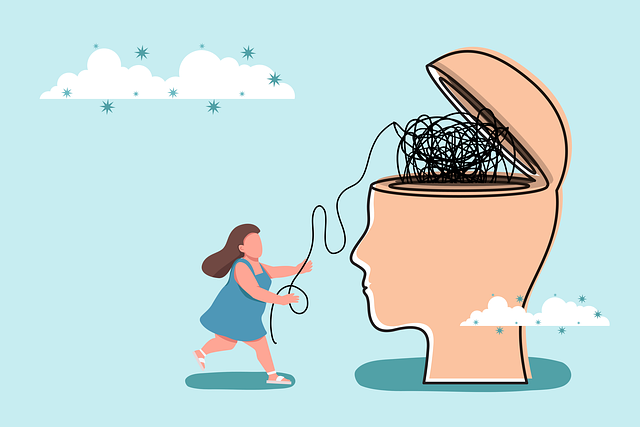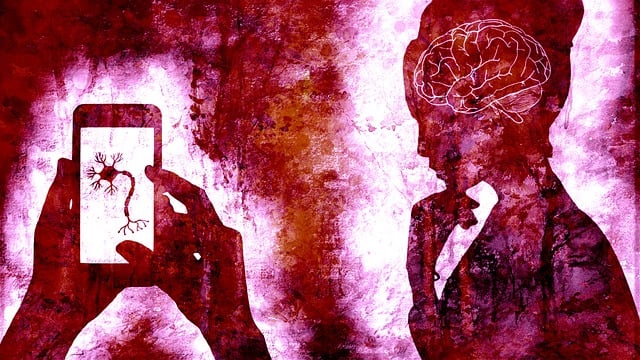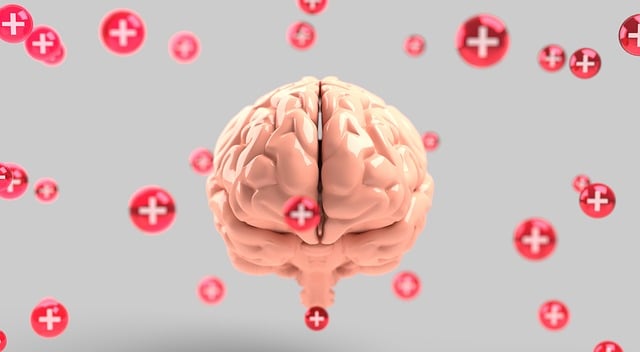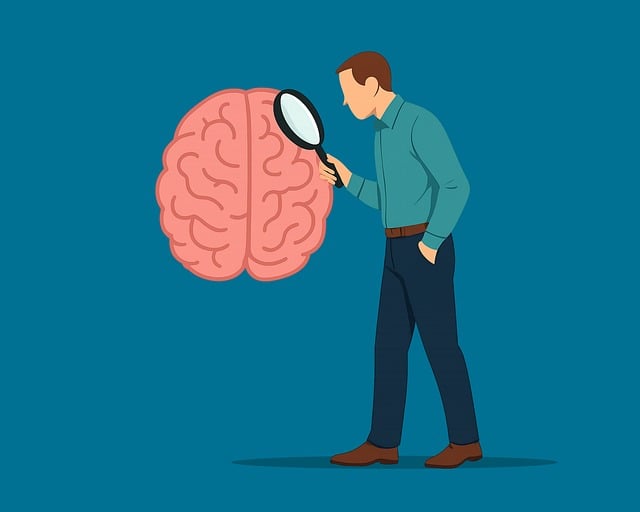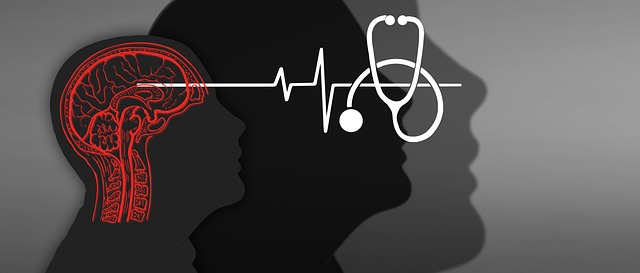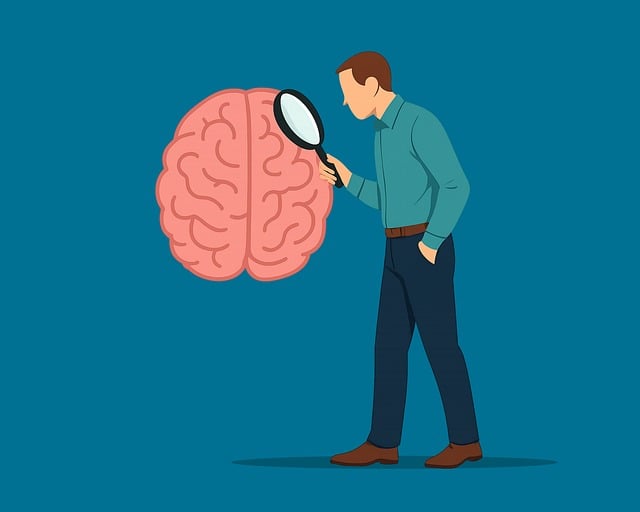Cultural competency is crucial for treating Generalized Anxiety Disorder (GAD) and panic attacks, especially in multicultural societies. Healthcare providers must navigate diverse backgrounds, demonstrating empathy, active listening, and open communication to create safe spaces for patients to discuss their symptoms. The Golden Rule, through empathy, compassion, and tailored coping strategies, enhances the therapeutic process. Training programs should focus on cultural sensitivity, including interactive workshops, case studies, and community outreach to bridge gaps between providers and diverse communities, ensuring effective Golden Panic Disorder and Anxiety Attacks Therapy.
Healthcare provider cultural competency training is an essential component of delivering effective therapy, especially when addressing complex conditions like panic disorder and anxiety attacks. Understanding cultural nuances allows mental health professionals to empathize with patients, creating a safe and supportive environment. This article explores the critical need for cultural competency in healthcare, highlights the Golden Rule of empathizing with patients suffering from panic disorder and anxiety attacks, and presents effective training strategies to enhance cultural sensitivity in mental health care provision.
- Understanding Cultural Competency in Healthcare: A Necessary Approach for Effective Therapy
- Golden Rule: Empathizing with Patients Suffering from Panic Disorder and Anxiety Attacks
- Training Strategies to Enhance Cultural Sensitivity in Mental Health Care Provision
Understanding Cultural Competency in Healthcare: A Necessary Approach for Effective Therapy

Cultural competency in healthcare is an essential approach for effective therapy, especially when addressing disorders like Generalized Anxiety Disorder (GAD) and Panic Attacks. It involves understanding and appreciating the diverse cultural backgrounds, values, beliefs, and practices of patients, which can significantly impact their health and well-being. In a multicultural society, healthcare providers must be equipped to navigate these differences to deliver quality care that resonates with each individual’s unique context.
This competency goes beyond mere awareness; it requires building empathy and emotional intelligence. Healthcare professionals should employ strategies like active listening, open communication, and cultural sensitivity training to foster connections with patients from various ethnic, racial, and social backgrounds. By doing so, they can create a safe space for individuals experiencing anxiety disorders, such as GAD and panic attacks, to openly discuss their symptoms and fears without feeling judged or misunderstood, ultimately enhancing the therapeutic process.
Golden Rule: Empathizing with Patients Suffering from Panic Disorder and Anxiety Attacks

In healthcare settings, the Golden Rule—treating others as you would like to be treated—takes on profound significance, especially when engaging with patients suffering from panic disorder and anxiety attacks. Empathy is key in such interactions, as it helps to build a bridge of understanding between caregiver and patient. By recognizing that each individual’s experience of anxiety is unique, healthcare providers can tailor their approach to offer Golden Panic Disorder and Anxiety Attacks therapy that is both compassionate and effective. This involves actively listening to patients’ descriptions of their symptoms, validating their feelings, and demonstrating genuine concern.
Beyond empathy, fostering a culture of resilience building and mood management is essential. Mind over matter principles can empower patients to take control of their mental health by teaching them coping strategies tailored to their specific needs. Through these practices, individuals learn to navigate the challenges of anxiety disorders, cultivating a sense of self-efficacy that supports long-term recovery. This holistic approach not only addresses symptoms but also strengthens the patient’s ability to manage stress and maintain emotional balance.
Training Strategies to Enhance Cultural Sensitivity in Mental Health Care Provision

Cultural sensitivity is a cornerstone of effective mental health care, especially when addressing conditions like Generalized Anxiety Disorder (GAD) and Panic Attacks Therapy. Training strategies for healthcare providers should focus on enhancing their understanding of diverse cultural beliefs, values, and practices related to mental illness. Mental Health Education Programs Design can incorporate interactive workshops, case studies from various ethnic backgrounds, and role-playing scenarios to simulate real-world challenges.
Community Outreach Program Implementation plays a vital role in bridging the gap between healthcare providers and culturally diverse communities. By engaging with these communities, training programs can offer insights into unique cultural expressions of anxiety and panic disorders. This approach ensures that healthcare providers are equipped not only with clinical knowledge but also with the cultural competency skills necessary to deliver personalized therapy for GAD and related conditions, fostering more inclusive and effective treatment environments.
Healthcare provider cultural competency training is no longer a choice, but an imperative for delivering effective therapy, especially when addressing conditions like panic disorder and anxiety attacks. By adopting empathic approaches, as highlighted by the Golden Rule, mental health professionals can create safer, more inclusive spaces for patients. Implementing targeted training strategies that focus on enhancing cultural sensitivity in mental health care provision is crucial for ensuring accessible and compassionate care for all individuals, regardless of their background or identity. This holistic approach promises to revolutionize therapy, making it more effective and impactful for those suffering from these common yet challenging conditions.

